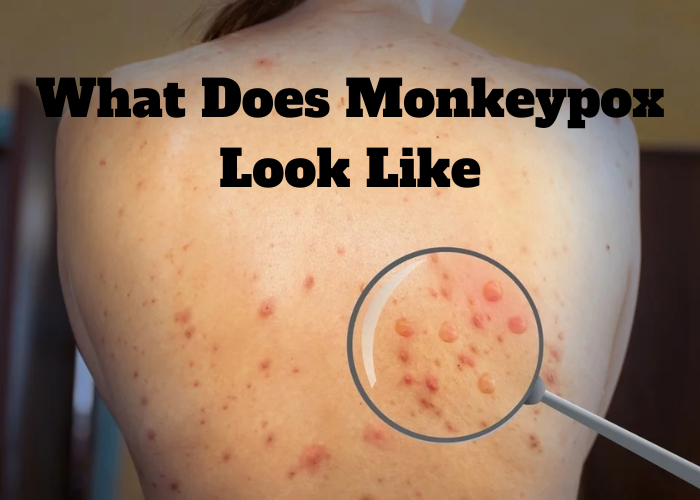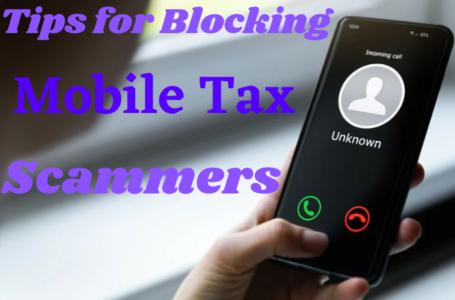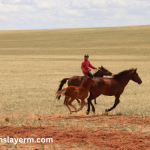
What does monkeypox look like? The most common symptoms of monkeypox are fever, headache, and muscle aches. A rash may also develop, which can be mistaken for chickenpox or smallpox. Monkeypox is a serious disease that can cause death in up to 10% of cases. It is important to be able to distinguish monkeypox from other diseases, especially since there is no specific treatment for this virus. Learn more about the symptoms and how to protect yourself from monkeypox in this blog post.
What Is Monkeypox and How Is It Spread
monkeypox is a viral disease that is spread through contact with the monkeypox virus. The monkeypox virus is found in Africa and Asia, and it is related to the smallpox virus. Monkeypox is usually mild, but it can sometimes be severe. In severe cases, monkeypox can be deadly. The monkeypox virus is spread through contact with the blood, body fluids, or tissues of infected animals. It can also be spread through contact with infected people. Monkeypox is most commonly spread through contact with rodents or primates, but it can also be spread through contact with other animals, such as dogs, cats, and Birds. The monkeypox virus can also be spread through contact with infected humans. People who have been in close contact with someone who has monkeypox are at risk for developing the disease. There is no specific treatment for monkeypox. Treatment focuses on relieving symptoms and preventing complications. Monkeypox vaccination is available in some countries, but it is not yet available in the United States. The best way to prevent monkeypox is to avoid contact with infected animals or people.
What Are the Symptoms of Monkeypox
The symptoms of monkeypox are similar to those of other poxvirus infections, such as smallpox and chickenpox. They include a fever, headache, muscle aches, weakness, and a rash. The rash typically begins on the face and spreads to the hands and feet. It usually starts as small red bumps that turn into fluid-filled blisters. The blisters eventually scab over and heal. Monkeypox can be fatal in rare cases, but most people recover completely after a few weeks. There is no specific treatment for monkeypox, but symptoms can be relieved with supportive care. vaccinia virusThe best way to prevent monkeypox is to avoid contact with wild animals, particularly rodents and apes. vaccination against smallpox can also help protect against monkeypox. People who have been vaccinated against smallpox are less likely to develop severe symptoms if they become infected with monkeypox. People who have not been vaccinated against smallpox should receive the vaccine as soon as possible after exposure to monkeypox. The Smallpox vaccine is safe and effective, and it offers the best protection against monkeypox.
How to Protect Yourself From Monkeypox
With the recent outbreak of monkeypox in Nigeria, it is important to be aware of the risks and how to protect yourself from this potentially deadly disease.
Monkeypox is a viral illness that is similar to smallpox, although it is generally less severe. The virus is usually passed from animals to humans, and can cause a range of symptoms including fever, headache, muscle aches, backache, swollen lymph nodes, rash, and fatigue.
Fortunately, there are a few simple steps you can take to protect yourself from monkeypox. First, avoid contact with any animals that may be infected with the virus. Second, if you must come into contact with an infected animal, be sure to wear gloves and other protective clothing. Third, since the virus can also be spread through human contact, avoid close contact with anyone who is sick. Finally, if you develop any symptoms of monkeypox, be sure to see a doctor immediately.
By following these simple tips, you can help protect yourself from monkeypox and other diseases.
What to Do if You Think You Have Monkeypox
According to the Centers for Disease Control and Prevention (CDC), monkeypox is a rare viral infection that is similar to smallpox. The CDC recommends that if you think you have monkeypox, you should contact your healthcare provider immediately. They also recommend that you avoid contact with other people, especially if they are sick, and avoid touching your face or eyes. In addition, you should clean any surfaces that you think may be contaminated, and wash your hands often. By taking these precautions, you can help to prevent the spread of monkeypox and protect yourself and others from this potentially deadly virus.
How Long Does Monkeypox Last
Monkeypox is a viral infection that is similar to smallpox. It is found primarily in Africa and can be deadly in some cases. The incubation period for monkeypox is usually between two and three weeks. Symptoms include fever, headache, muscle aches, and a rash that starts on the face and then spreads to the body. There is no specific treatment for monkeypox, but the good news is that it usually goes away on its own after a few weeks. Prevention is key, as there is no vaccine available yet. Avoiding contact with infected animals and being vaccinated against smallpox can help to reduce the risk of monkeypox. If you think you have been exposed, it is important to seek medical attention immediately as monkeypox can be deadly in some cases. Early diagnosis and treatment can improve the chances of a full recovery.
Is There a Cure for Monkeypox
There is no currently no known cure for monkeypox. This viral disease is similar to smallpox, which was eradicated in 1980. There is an oral vaccine that can help prevent monkeypox, however it is not 100% effective. The virus generally starts with a fever, followed by a rash that eventually forms pustules. The illness can be deadly in some cases, particularly to young children and the elderly. Treatment generally focuses on relieving symptoms and supporting the patient through the illness. In most cases, patients will recover within a few weeks with no long-term effects. However, some patients may develop complications such as pneumonia or encephalitis, which can be fatal. There is currently no cure for monkeypox, but researchers are working to develop a more effective vaccine to help prevent the spread of this disease. Monkeypox is a rare disease, and most cases have been reported in Africa. However, there have been a few outbreaks in other parts of the world, including the United States. The best way to prevent monkeypox is to avoid contact with infected animals or people. If you live in an area where monkeypox is present, be sure to consult your doctor if you start to experience any symptoms of the disease.
Conclusion:
The monkeypox virus is a rare and dangerous virus that can cause serious illness. Early symptoms of the virus include fever, headache, muscle aches, and exhaustion. As the virus progresses, lesions may form on the skin. These lesions can be filled with fluid or pus and often have a black center. If you experience any of these symptoms, please seek medical attention immediately. While there is no cure for monkeypox, early diagnosis and treatment can help improve your chances of recovery. Have you ever seen someone with monkeypox? What did they look like? Let us know in the comments below.










